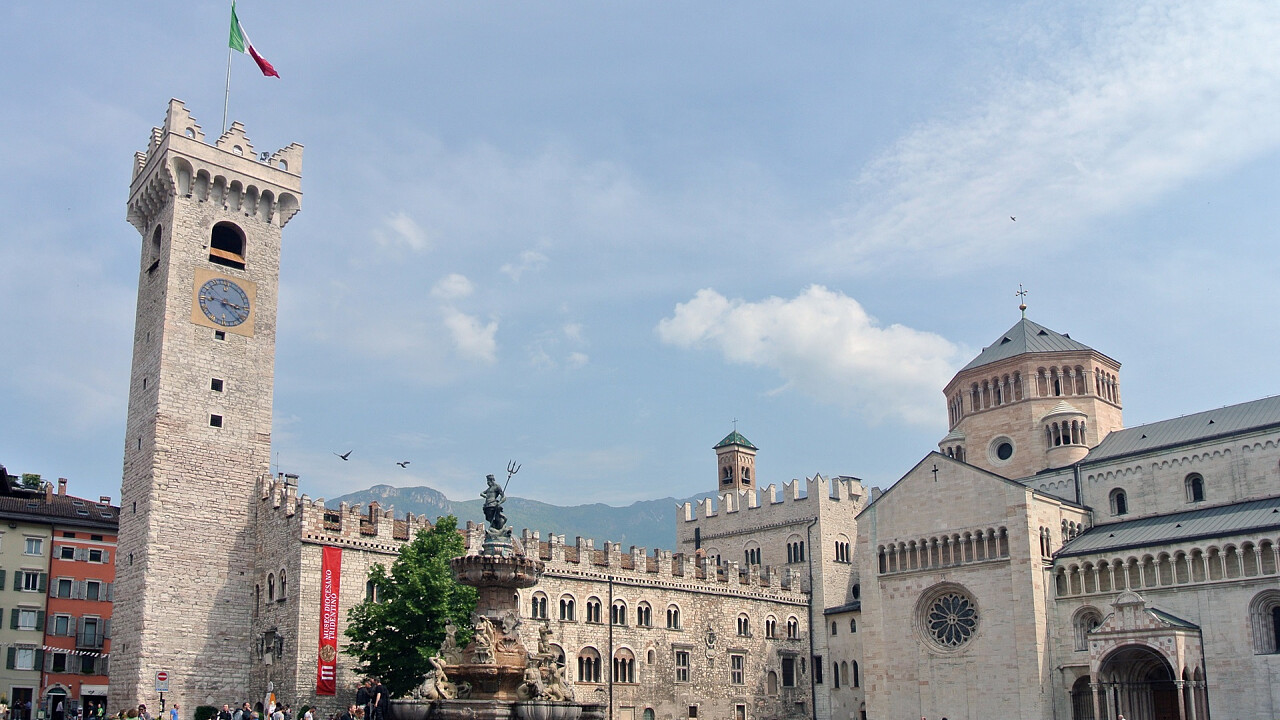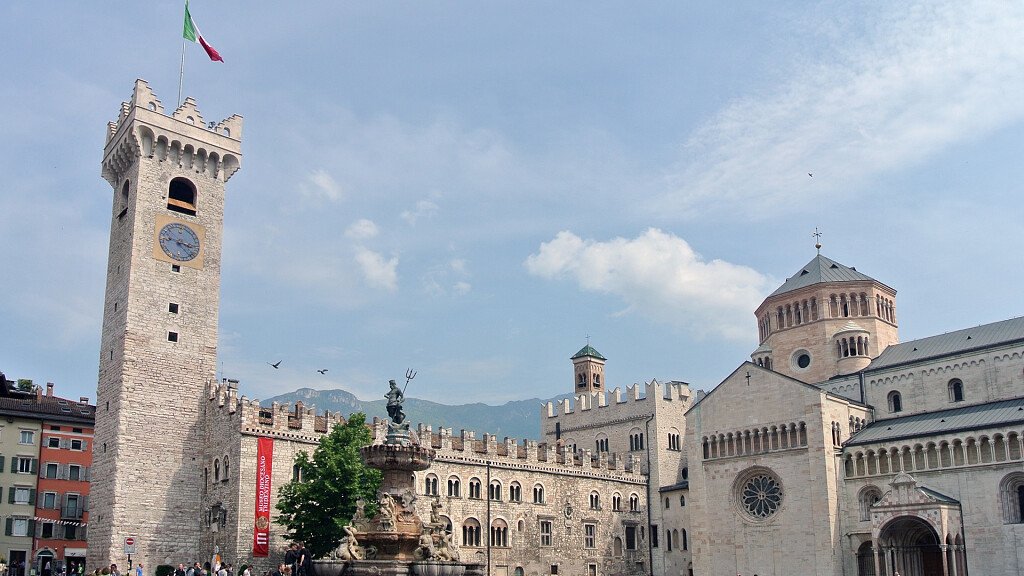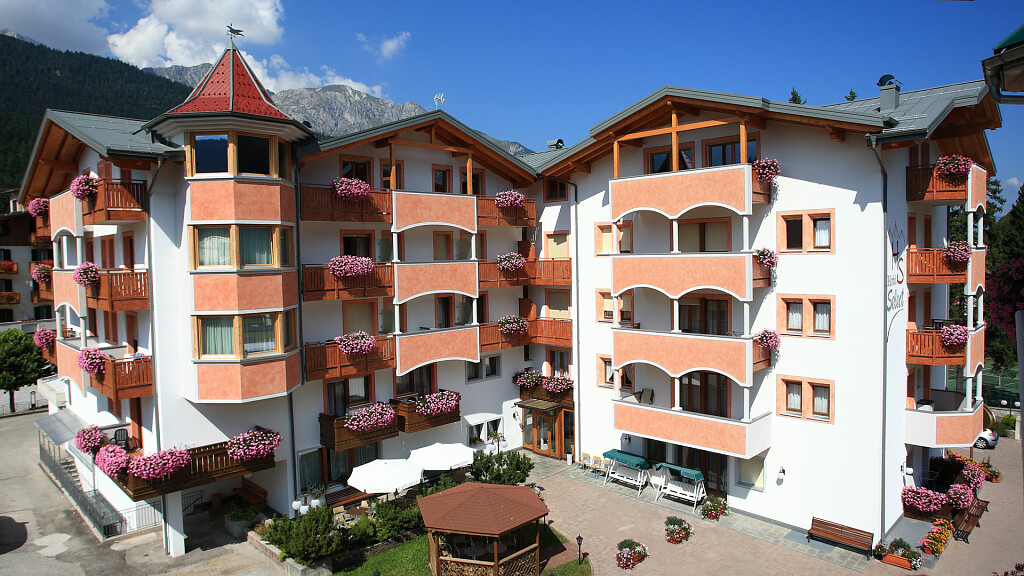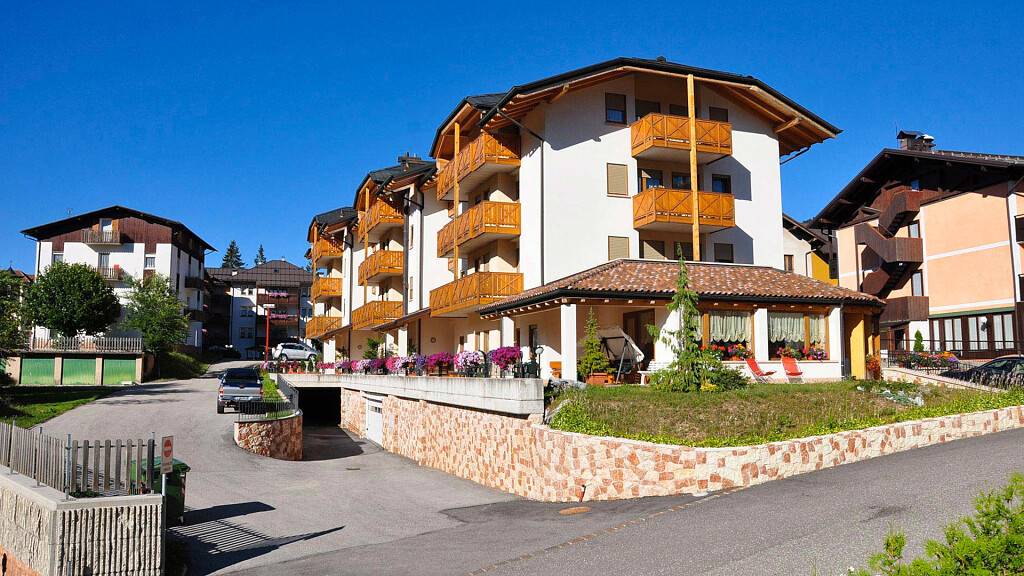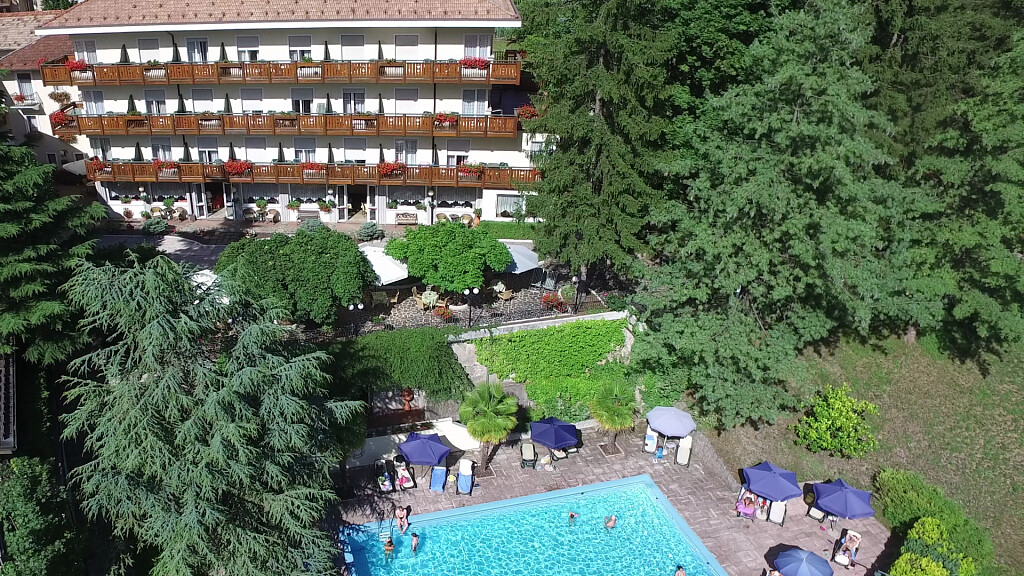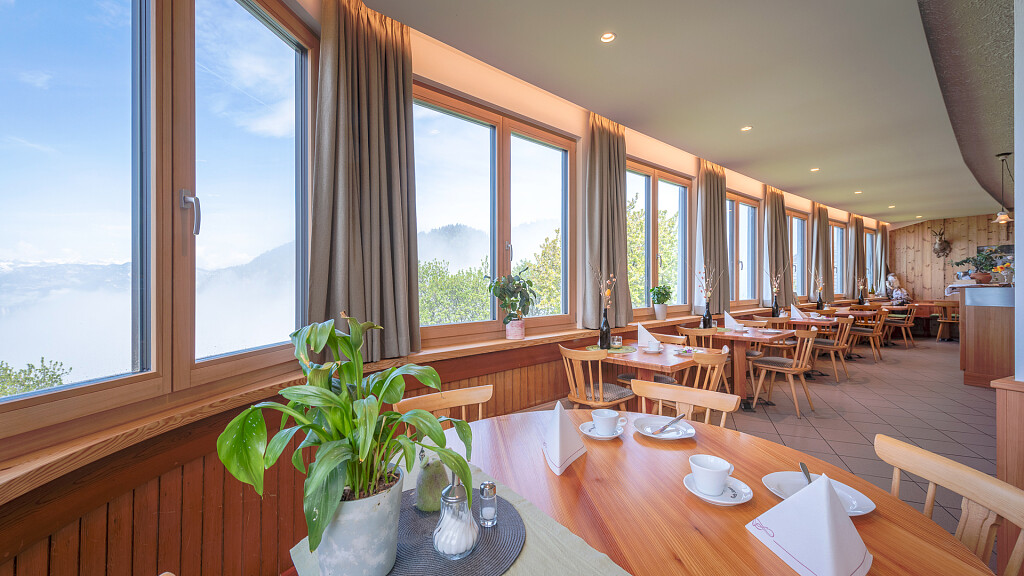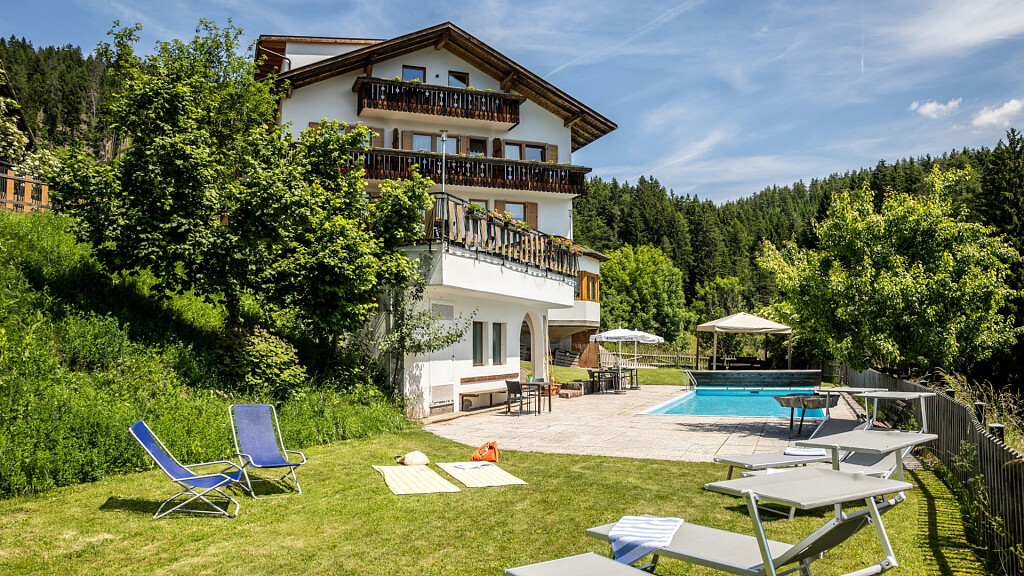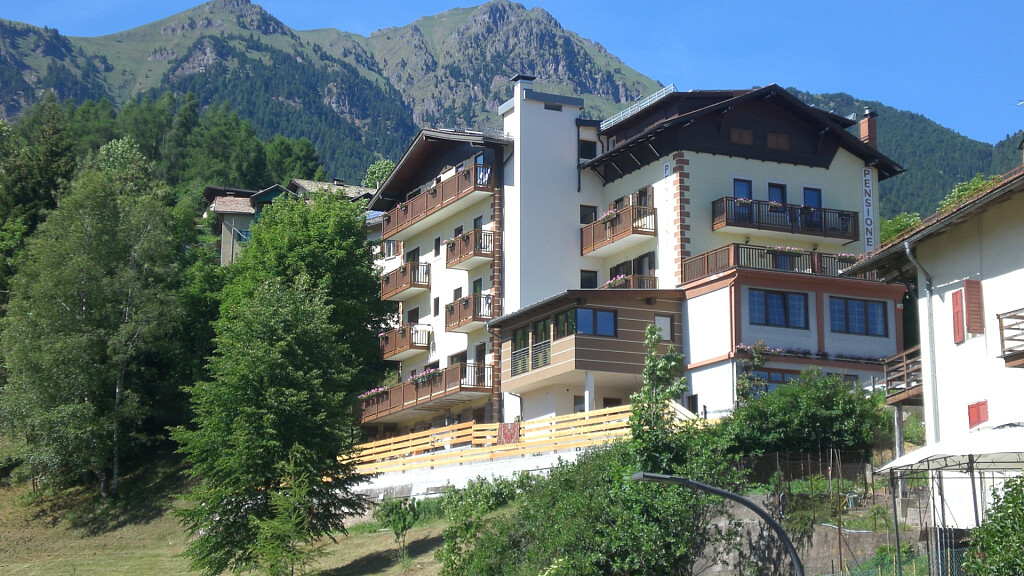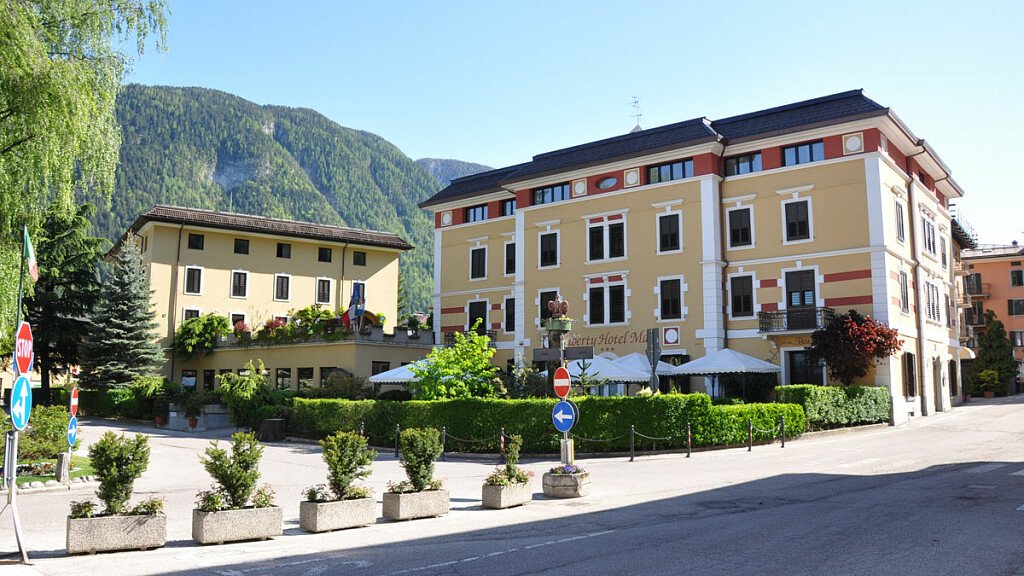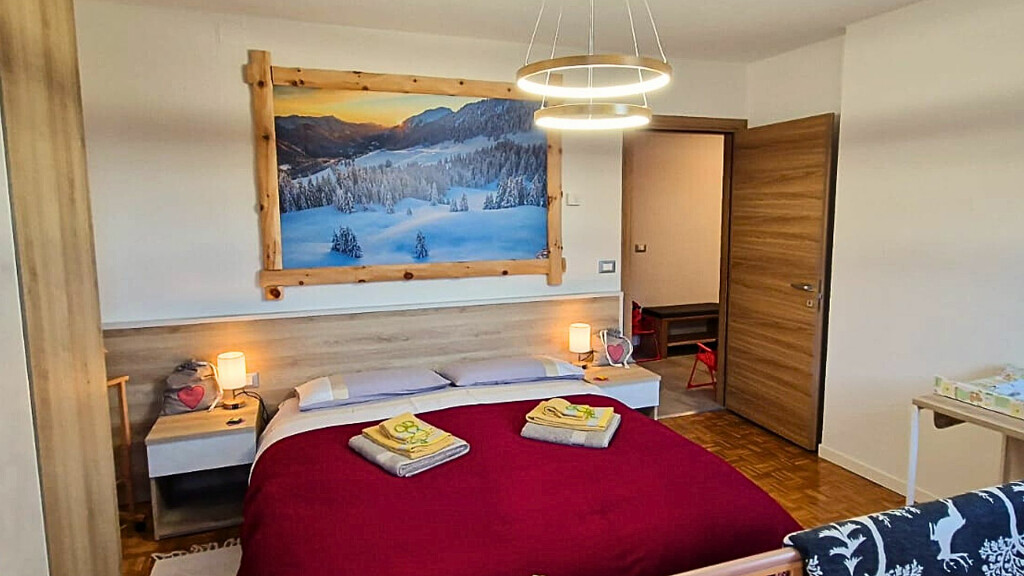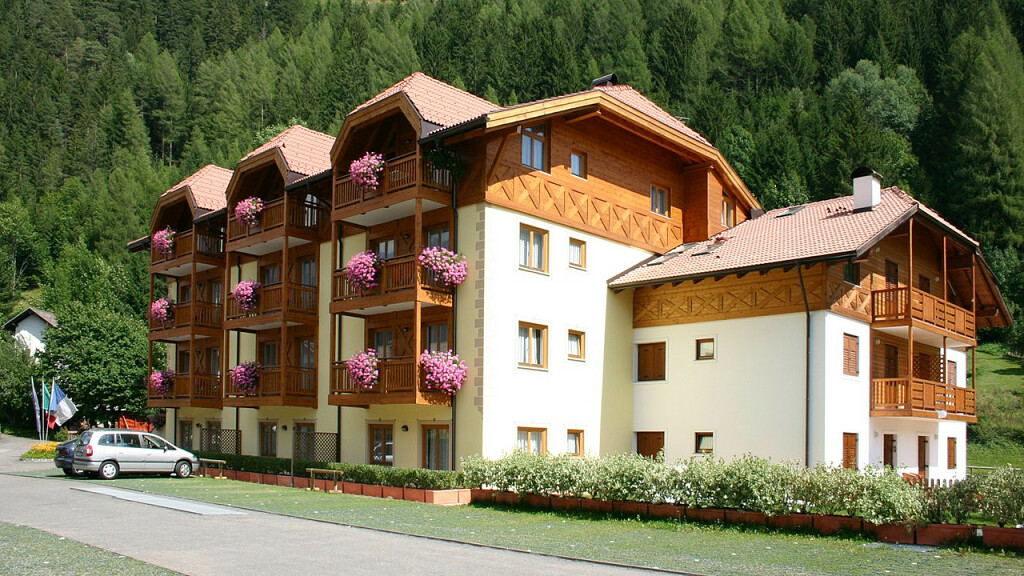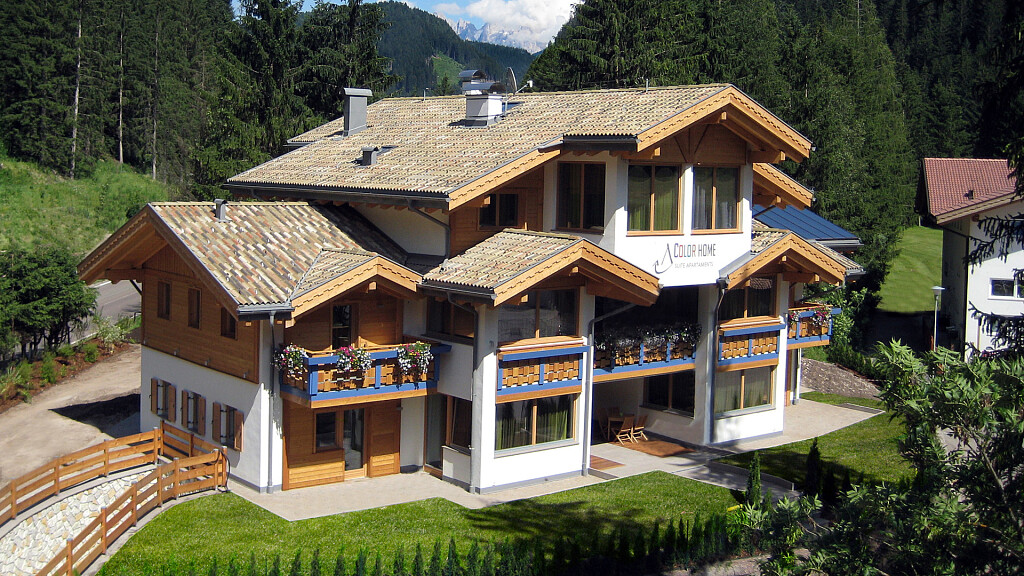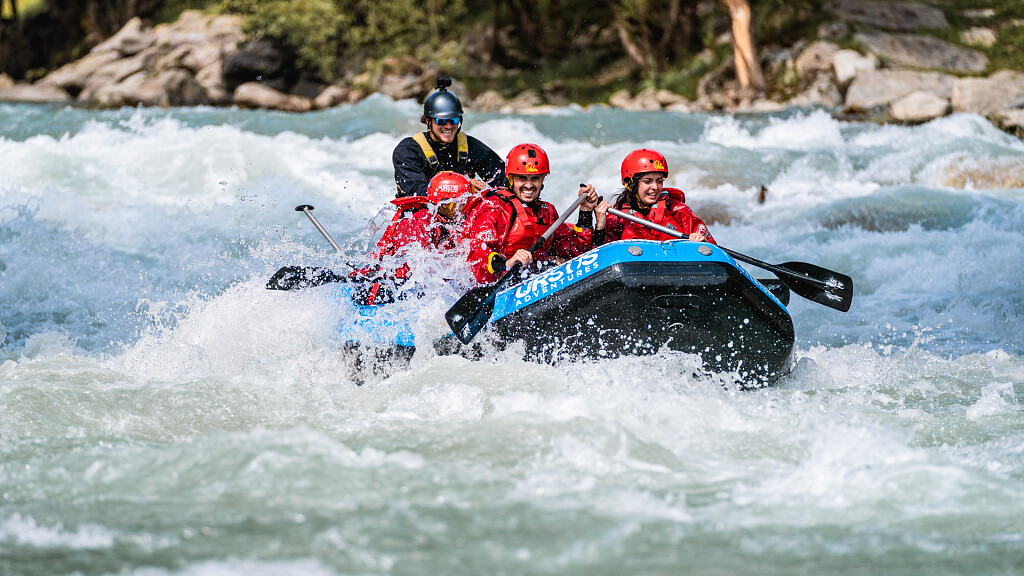There is less and less to go before the start of a new and increasingly rich edition of the renowned Trento Film Festival. The event dedicated to the world of mountains will start on 25 April and continue until 4 May.
The main theme of the films in the programme will be mountains, but there will also be topics on mountaineering adventures, the relationship between man and the mountains, nowadays increasingly seen as a borderline environment, and the role of women in mountain communities.
Destination Argentina
After celebrating Ireland, this year the Trento Film Festival is dedicating its special section to Argentina, a country with which Trentino has forged a deep bond over the centuries, marked by migratory flows and major mountaineering exploits. The film programme will include international premieres and two exceptional restorations.
The ‘Destination...’ section, introduced in 2011, is a space in the Festival that explores the culture and cinema of specific countries and regions. For this edition, the focus is on Argentina, a nation with which Trentino shares a strong bond, the result of a history of emigration, cultural exchanges and economic relations. Trentino's migrations to Argentina between the 19th and 20th centuries laid the foundations for a relationship that continues to evolve and strengthen.
In addition to historical and social ties, the Festival also explores the mountaineering value of Argentina, home to some of the most fascinating mountains on the planet. From the majestic Andes to the legendary peaks of Patagonia, such as Fitz Roy and Cerro Torre, these peaks have been a challenge for mountaineers from all over the world, including many from Trentino. Their wild beauty and the exploits performed on these peaks have inspired filmmakers and documentary filmmakers, giving rise to tales of adventure, determination and passion for the mountains.
Mountain Westerns
The Trento Film Festival often enriches its programming with special thematic sections, focusing on a particular film genre or topics of specific interest. For this edition, the focus is on the Mountain Western, a tribute inspired by the centenary of the birth of two masters of cinema: Sam Peckinpah (born 21 February 1925 in Fresno, died 28 December 1984 in Inglewood) and Robert Altman (born 20 February 1925 in Kansas City, died 20 November 2006 in Los Angeles), both authors of significant works in this genre.
The review includes five representative films. It starts with The Last of the Mohicans (1920), directed by Maurice Tourneur and Clarence Brown, a silent film classic that will be accompanied by live music for the occasion. This will be followed by Anthony Mann's The Far Country, 1954, set in the frozen lands of the Yukon during the gold rush. Another title on the programme is Sam Peckinpah's Ride the High Country (1962), a film that anticipates the transformation of the traditional western towards a more mature and crepuscular vision. From the unmistakable style of Robert Altman comes McCabe & Mrs. Miller (The Homies, 1971), a work that overturns the classic codes of the genre and anticipates the modern revisionist western. Finally, Sydney Pollack's Jeremiah Johnson (Red Raven You Won't Get My Scalp!, 1972), starring Robert Redford as a trapper survivor of the Mexican-American War, struggling with life in the wilderness.

